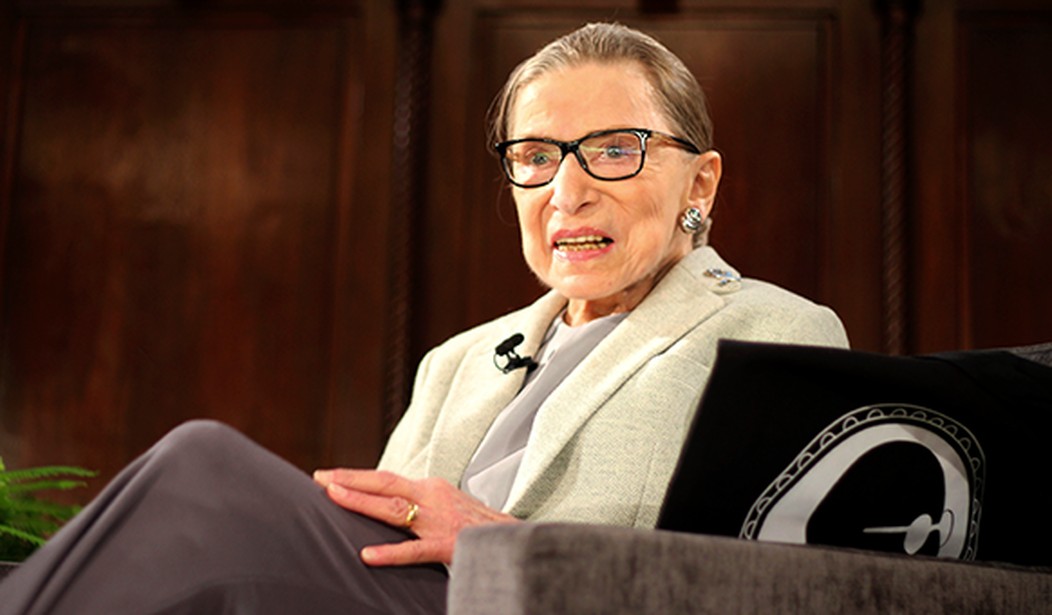Ruth Bader Ginsburg, one of the four liberal justices on the Supreme Court, sided with her conservative colleagues on Monday over a prisoner's supervisory release. She joined Justices Clarence Thomas, John Roberts, Samuel Alito and Brett Kavanaugh in the majority, deciding that a criminal defendant, in this case Jason Mont, can be sentenced for violating his supervised release, even if the release expires while he is incarcerated ahead of facing new charges. Her vote was swapped with conservative Justice Neil Gorsuch, who joined liberal Justices Sonia Sotomayor, Stephen Breyer and Elena Kagan in their dissent.
Mont had been indicted by a grand jury for multiple drug and firearm offenses. He was released from federal prison on March 6, 2012, but broke the law again on supervised release, found guilty of two counts of cocaine trafficking. He then tested positive on several drug tests. His supervised release date was set for June 28, 2017.
The District Court issued a warrant on March 30, 2017, and ultimately set a supervised-release hearing for June 28, 2017. Two days before that hearing, Mont challenged the jurisdiction of the District Court based on the fact that his supervised release had initially been set to expire on March 6, 2017. The court concluded that it had authority to supervise Mont, revoked his supervised release, and ordered him to serve an additional 42 months’ imprisonment to run consecutive to his state sentence.
Justice Thomas delivered the Court's opinion.
"Under our view, in contrast, time in pretrial detention constitutes supervised release only if the charges against the defendant are dismissed or the defendant is acquitted," he wrote. "This ensures that the defendant is not faulted for conduct he might not have committed, while otherwise giving full effect to the lawful judgment previously imposed on the defendant."
Recommended
Ginsburg's surprise alliance with Thomas comes a week after her tense argument with him over Box v. Planned Parenthood of Indiana and Kentucky Inc. The Court decided against taking up the question of the Sex Selective and Disability Abortion Ban, which, as Justice Thomas described it, bans abortions in which "the mother is seeking the abortion solely because of the child's race, sex, diagnosis of Down syndrome, disability, or related characteristics." He penned a 20-page opinion on how they cannot avoid the issue forever, and that the abortion rights movement was starting to look a lot like eugenics.
"This case highlights the fact that abortion is an act rife with the potential for eugenic manipulation. From the beginning, birth control and abortion were promoted as means of effectuating eugenics," he wrote. "Planned Parenthood founder Margaret Sanger was particularly open about the fact that birth control could be used for eugenic purposes."
A frustrated Ginsburg said that Thomas's diatribe “displays more heat than light." She reasoned that, "A woman who exercises her constitutionally protected right to terminate a pregnancy is not a 'mother.'"
Today they managed to find an issue on which they have common ground.

























Join the conversation as a VIP Member